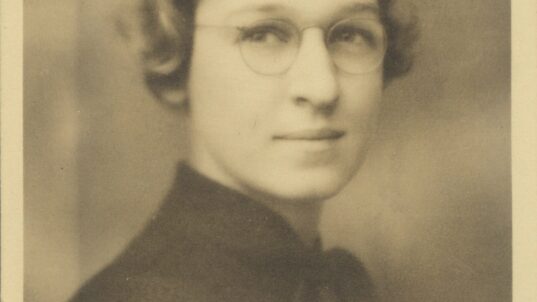In my last couple of posts, I’ve spoken about the strides IF has made in developing and testing a prototype of exploratory discussion. While we will always continue to refine our discussion process, more of our effort is being devoted these days to ensuring that our approach takes—and spreads—first by better adapting it to new audiences and situations and then by scaling up our efforts. One approach to adaptation involves training: of faculty, their students, and others. A second approach to both adaptation and scaling up our efforts is to explore how to institutionalize or, as the newly popular term would have it, “embed” our public discussions.
Having conducted some 80+ public discussions, each lasting several hours, IF is beginning to accumulate some significant experience in this area. And while not all of this experience has translated into expertise, one lesson is clear, and that is that it is easier to get groups talking when one does not first have to create the group.
Common sense? Maybe. But it’s also the studied view of Harvard researchers Elena Fagatto and Archon Fung, who base their conclusions regarding embeddedness on a series of 9 case studies in successfully embedded local deliberation. Their study, issued in October 2009 by Everyday Democracy and the Kettering Foundation, focuses on deliberation linked to problem solving rather than “reflection” or exploratory discussion alone. (The study is entitled Sustaining Public Engagement: Embedded Deliberation in Local Communities and is available at http://www.everyday-democracy.org/en/Resource.136.aspx.) Still, the main source of embeddedness Faggato and Fung identify as relevant to reflective discussion is “deliberative capacity” or “the resources and expertise to convene structured deliberations and to mobilize people to participate in those deliberations” (pp. 4, see also 32).
Public discussion is made more democratic when it encompasses a wider range of citizens. Foundations and government can only do so much to widen the circle. At some point IF, like other organizations that share its commitment to democratic discussion, needs to encourage “embeddedness” by finding “organizations that can be long term allies” (p. 33) and working with them to develop their own discussion habits and skills. Only in that way can they take on the task of conducting thoughtful public discussions without the help of a good discursive Samaritan. Only in that way will their discussions become truly citizen-centered, truly democratic.


